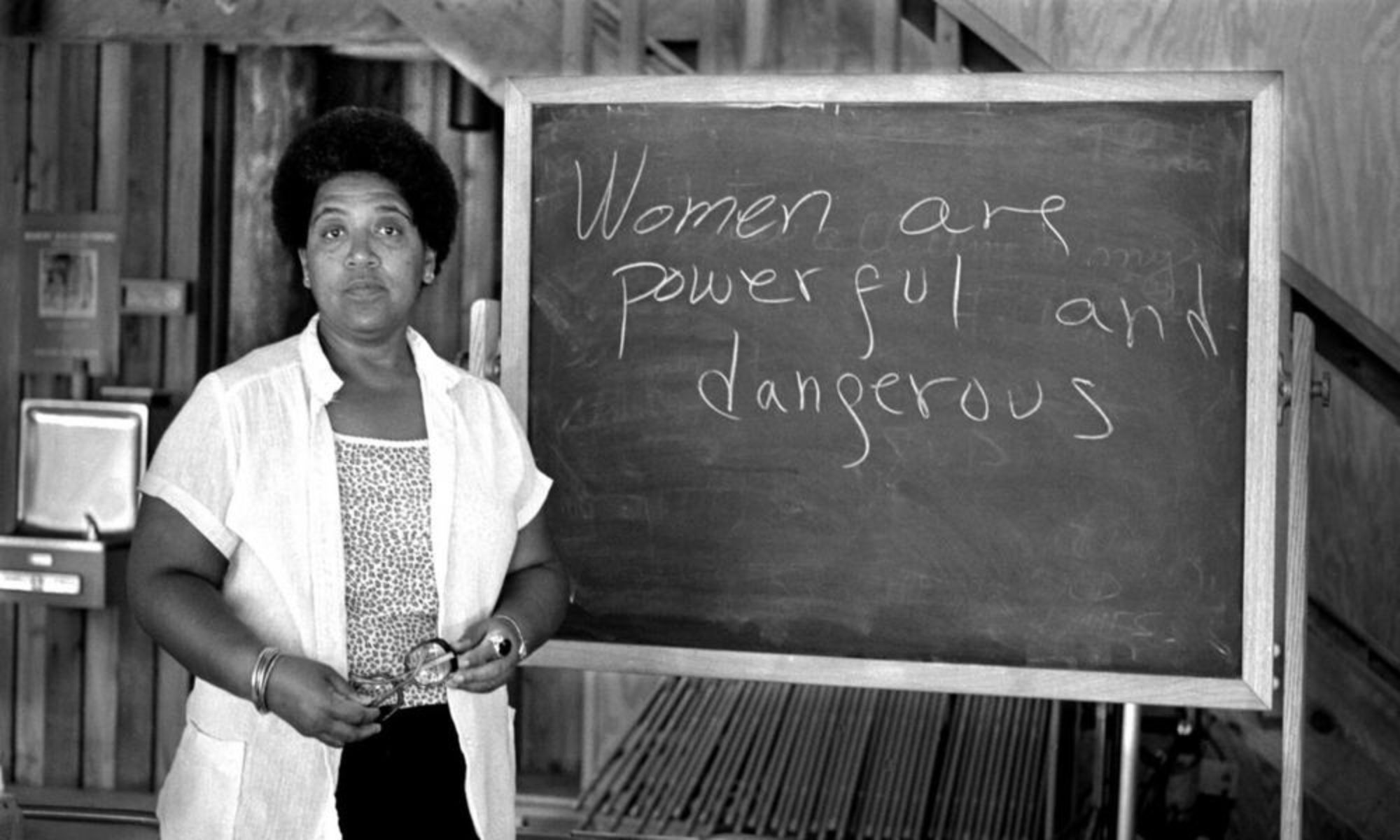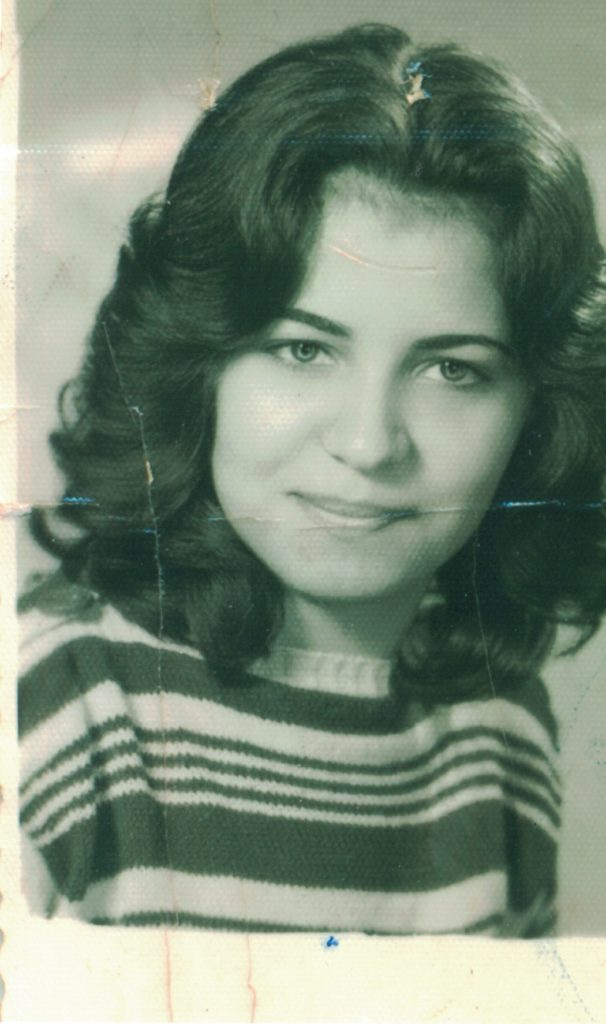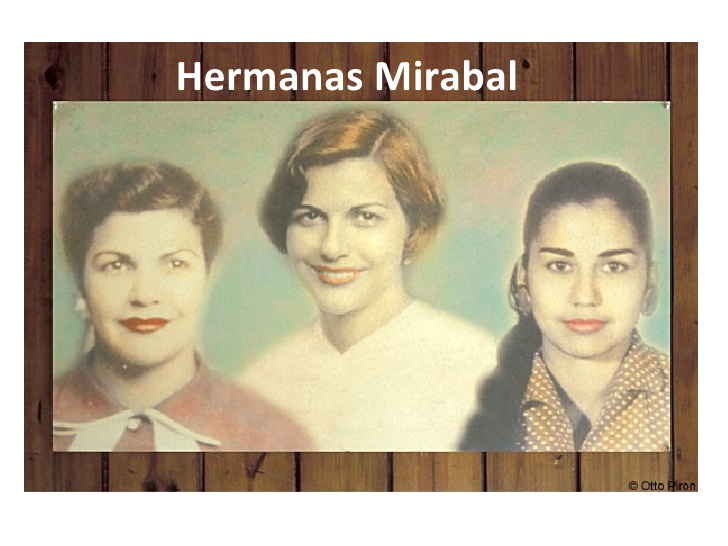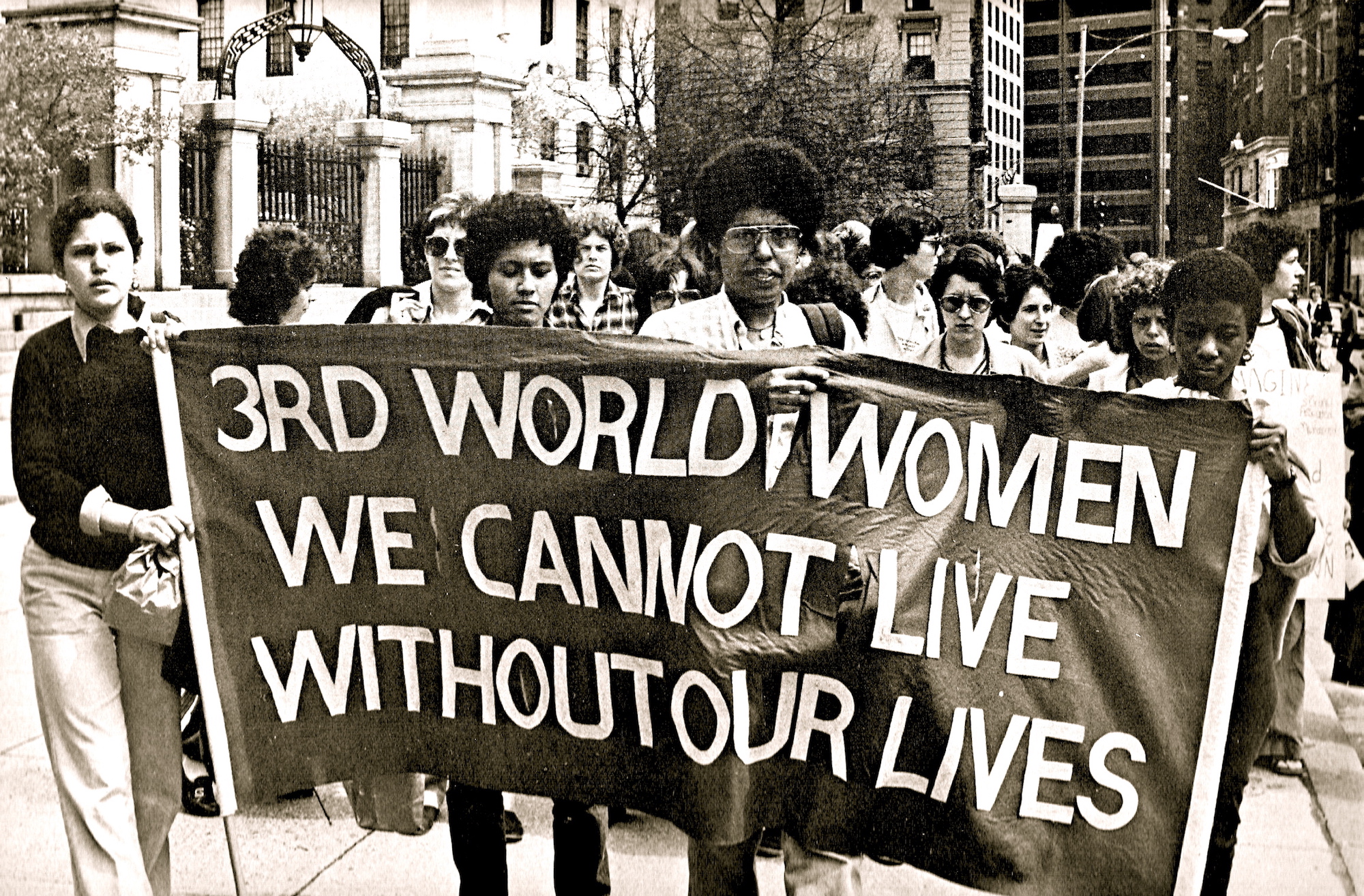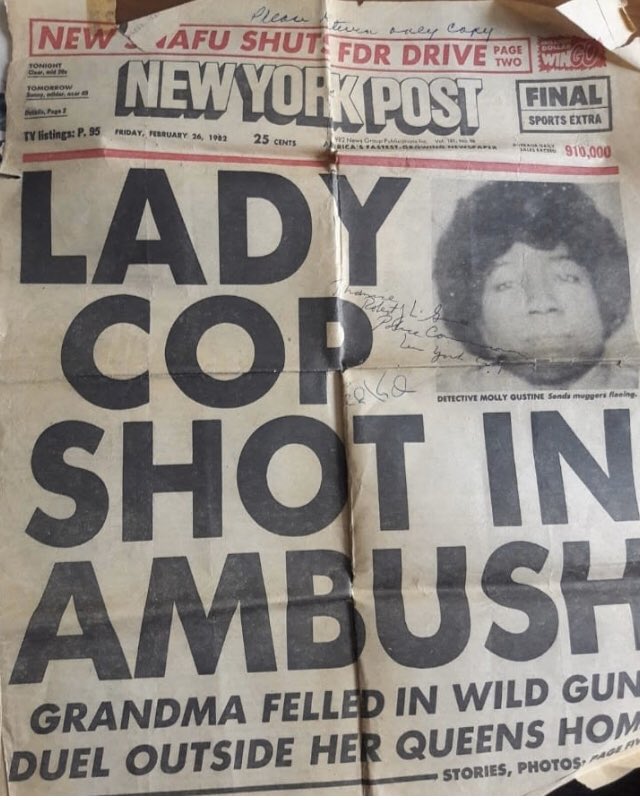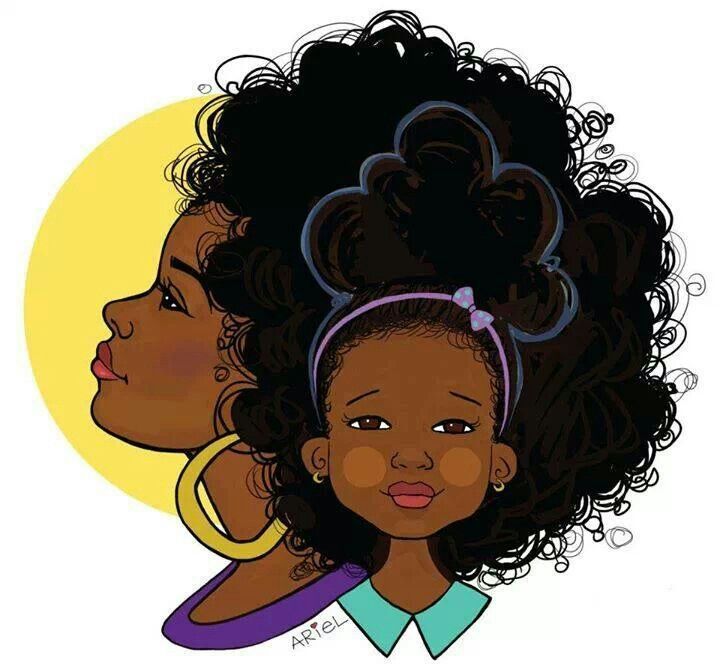
Transcribed below is the interview that I conducted with my mother who was born in 1965 Brooklyn, NY. She lived with her mother and three older sisters in a private home supported solely by her mother who worked two jobs at the time to support herself and her daughters. Her youth was very carefree and separate from the wave of activism that was crashing through during this era.
Self: What was it like growing up as an African American girl/teen in Brooklyn, NY circa the 1970s?
Mom: My childhood was very fun. I enjoyed school and hanging out with my small group of friends. We lived right on Nostrand avenue in a very cultured neighborhood. My friend group consisted of 4 girls. One of my friends was named Evelyn. She was a Puerto Rican girl whose family owned a nearby bodega. That was one of our main hang out spots ; the corner store. We used to throw fish from the fish market at the buses as they passed the store ; we were bad (laughs). I also had three other friends named Rhonda, Mildred, and Darthia who happened to be sisters. They lived around the corner from me. We had a “clubhouse” across the street from their house that we all hung out in. it was actually just an abandoned house (laughs).
Self: What kind of clothes were girls your age wearing?
Mom: I would see a lot of girls in leather miniskirts and vest combos, eskimo coats, sneaker streakers, pro-keds, and my favorites, earth shoes. Easter was when you’d see people put on their best outfits; it was the time to show off! My mother dressed me very formally. While I’d see other kids casually dressed I’d always have on a dress or skirt with stockings. The clothes were great quality but, they weren’t “cool”. She’d put me in such frilly girly outfits for special occasions which was not me at all. The worst part were the stiff patent leather shoes she’d make me wear with the huge buckle. I begged my mom and sisters for a pair of earth shoes (sneakers) and when I finally got a pair one day I couldn’t wait to try them out. I used to run up and down the block full speed in my sneakers ; I always thought that if you were wearing sneakers you HAD TO run so, I made sure to test them out. They were so comfortable.
Self: What about boys?
Mom: Denim, corduroys, bomber jackets, sneakers, stuff like that. Very casual.
Self: How does that differ from the stylistic choices of kids/teens you see in present day?
Mom: I see too many holes in their clothes nowadays. The 70s were all about glam, more flashy, more funky.
Self: What kind of work did your mom do as you were growing up?
Mom: My mother was a teacher during the daytime and worked as a postal clerk in the evenings.
Self: What was it like growing up in your household specifically? Did any of your siblings or your mother participate in movements that advocated for women’s rights?
Mom: The house was spacious and beautiful. Everyone had their own quarters. There wasn’t much conversation around activism in our house. It was more of a fun and creative environment ; very light. My sisters made clothes, had lots of friends, and threw LOTS of parties when my mother was not home.
Self: As an adolescent growing up in this era of activism did you feel that it impacted the way in which you grew up? Why or why not?
Mom: No, activism wasn’t a huge part of my life. I was very young and just growing up day by day, year by year. A lot of those years were spent learning how to take care of myself.
